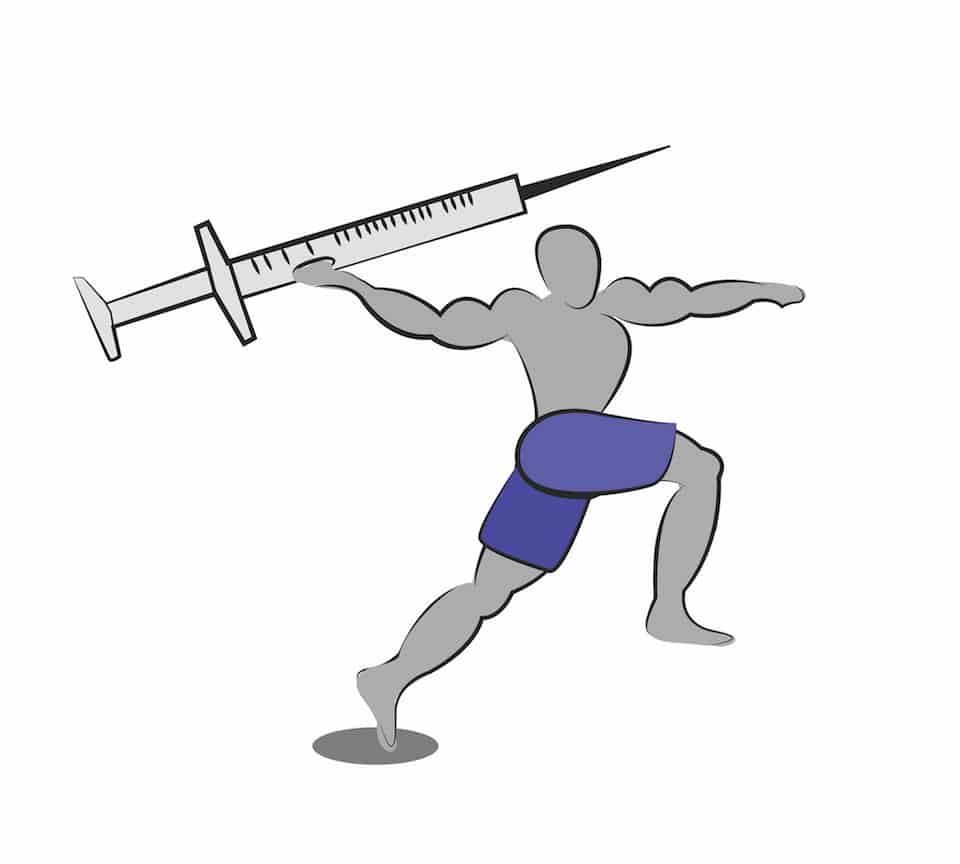On November 9 the World Anti-Doping Agency (WADA), released a report regarding an internal investigation that concluded the existence of a state-sponsored doping program within the Russian federation. This means that the Russian Athletics Federation (RAF) was complicit in an organized program that prevented its athletes from being sanctioned for using prohibited substances like testosterone as performance enhancers, many since the Sochi olympics. As of now, Russian athletes have been banned from all world athletics competitions while the RAF is investigated for anti-doping violations.
Although there has been talk of stripping various Russian athletes of their London 2012 medals, so far the IAAF (International Association of Athletics Federations) has only suspended team Russia from participating in international competitions. Although this may seem like a harsh punishment, considering not all Russian athletes who competed in the London and Sochi Olympics used performance-enhancing drugs, all athletes are being temporarily barred. Many of the accused athletes are from the Olympic sport “athletics” also known as track and field, where Russia is facing a provisional ban that the country will not protest.
“It was probably a long time coming,” said professor Peter Donnelly in an interview with U of T News. “I suspect that athletes from other countries at the London 2012 Olympics felt there was something going on in Russia.” Although Donnelly, who is the director of U of T’s Centre for Sport Policy, believes that Russia is at the center of this current scandal, he acknowledges the difficulty of proving that other countries that could be running similar programs. “The secrecy of such actions makes it very difficult to know whether other countries are involved to the same extent,” he said.
It’s also important to note that the Russian ban is the first time in IAAF history that an entire country has been banned from competing in international competitions due to doping violations. Although Russian president Vladimir Putin and the RAF will not contest the provisional suspension, they have agreed to work on reforming their doping program so that Russian athletes can compete in Rio next summer.
Putin also mentioned in an interview that he would rather see the individual athletes punished than the entire group of Russian athletes banned from competing in tournaments — citing that summer Olympic athletes should not be penalized for the actions of their winter counterparts.
In light of this controversy — on top of the country’s notorious anti-gay policies — multiple petitions calling for the removal of Russia’s hosting rights to the 2018 FIFA World Cup have cropped up, as well as several other competitions the country was slated to host.
Because the ban focuses mainly on Russian track and field athletes, the IAAF will be heavily involved in the decision of whether or not to bar Russian competitors from future athletics competitions. Donnelly finds Russia’s sudden dip to ninth in the world in athletics following the recent world championships, telling, but does not believe in collective punishment. “The punishments should be applied to those who have been found to be in violation of the regulations, or those who have assisted others in violating the regulations.” He said, adding that, “the punishments should also fit the crime… it would be a mistake to assume collective guilt.”


